Alien nation: A load of old space junk or are they already among us?
As UFO Week gets under way, James Rampton uncovers some startling conclusions about our beliefs in extraterrestrial life


In a survey published this week, Arnold Schwarzenegger was voted the person we would most like to be our leader in the event of an alien invasion – and, quite brilliantly, the Terminator star responded to the accolade on Twitter. “I want to thank the people for putting their faith in me. I am ready to serve.”
We know we’ll be in good hands, then.
The poll, which investigates our attitudes to UFOs and aliens, could scarcely be more topical. On Monday, John Ratcliffe, the former US Director of National Intelligence, suggested that the American government has evidence of UFOs breaching the sound barrier without a sonic boom and carrying out manoeuvres beyond the reach of known technology.
Ahead of an official report due on 1 June outlining what the US government knows about extraterrestrial forces, Ratcliffe also indicated that there have been more UFO sightings than have been publicly disclosed. Is the truth out there? And are we about to discover it?
The survey, which involved 2,000 people and was carried out by OnePoll last month, has been commissioned by the TV channel Blaze to mark their “UFO Week” running till Friday. It shows that we do not think the idea of UFOs is a load of old space junk. Rather, it reveals several startling conclusions about our beliefs in alien life.
Read More:
For instance, it shows that 11 per cent of the UK public believe they have seen a UFO, 15 per cent of us think aliens could dominate Earth in the next 20 years and 33 per cent of Britons believe they could already be among us.
In addition, the survey says that more than half of us think intelligent life exists beyond our planet, with more than a quarter believing in aliens. It also underlines our lack of faith in world leaders to deal with a potential alien invasion, with nearly one in three believing that the British government is keeping UFO information secret from the public.
Nick Pope is known in the UFO business as “the real Fox Mulder”. He used to investigate UFOs and other unexplained phenomena for the Ministry of Defence. His extremely timely documentary, Aliens at the Pentagon, puts its high-powered telescope on the US government’s approach to extraterrestrial life.
The presenter uncovers the clandestine workings of the Pentagon’s real-life, multi-million-dollar X-Files unit. Pope also examines the three videos released last year which appear to show US navy jets chasing UFOs and will now form part of the aforementioned US government report.
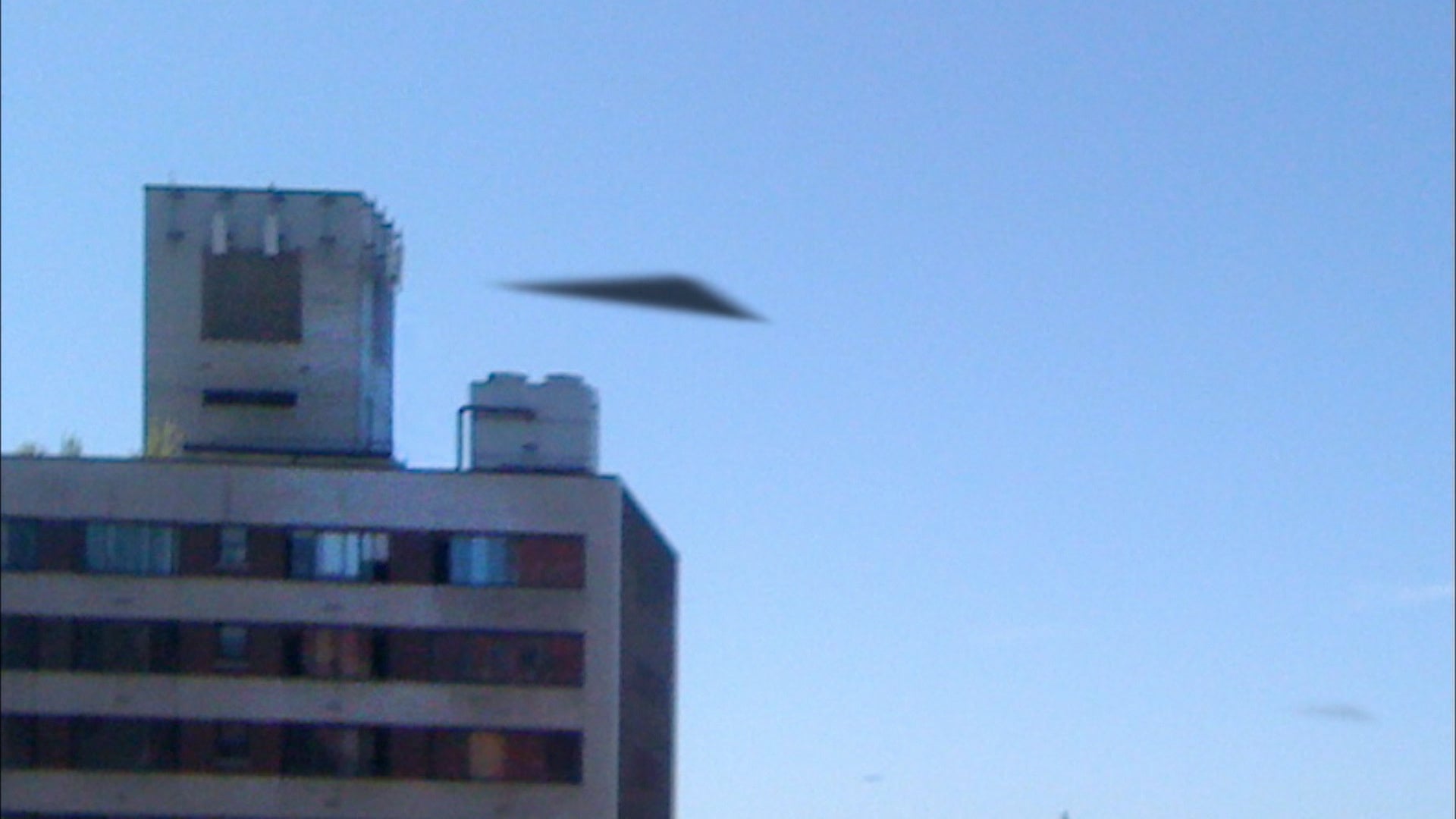
Talking to The Independent via Zoom from his home in Tucson, Arizona, the British UFO expert begins by addressing the survey’s finding that if we are invaded by the proverbial little green men, most of us would like to see Schwarzenegger in command of our fightback. The next two on the list were Will Smith and Sir David Attenborough.
“It’s like the old John Reith quote about being there to inform, educate and entertain,” Pope comments. “I think this is the ‘entertain’ part of the survey, where people are having a little bit more fun.
“And yet, it shows the extent to which people’s perceptions are shaped by science fiction and movies. The feeling is that we need a tough persona to face down this threat. So we get Arnold Schwarzenegger, we get Will Smith. The exception to that is Sir David Attenborough.”
“I must say, I’m far more in favour of trying to think our way out of a hostile extraterrestrial visitation than fight our way out,” he continues. “Because, let’s face it, in a universe nearly 14 billion years old, there might well be civilizations out there that are millions of years more advanced than us and we might be visited by one of them.
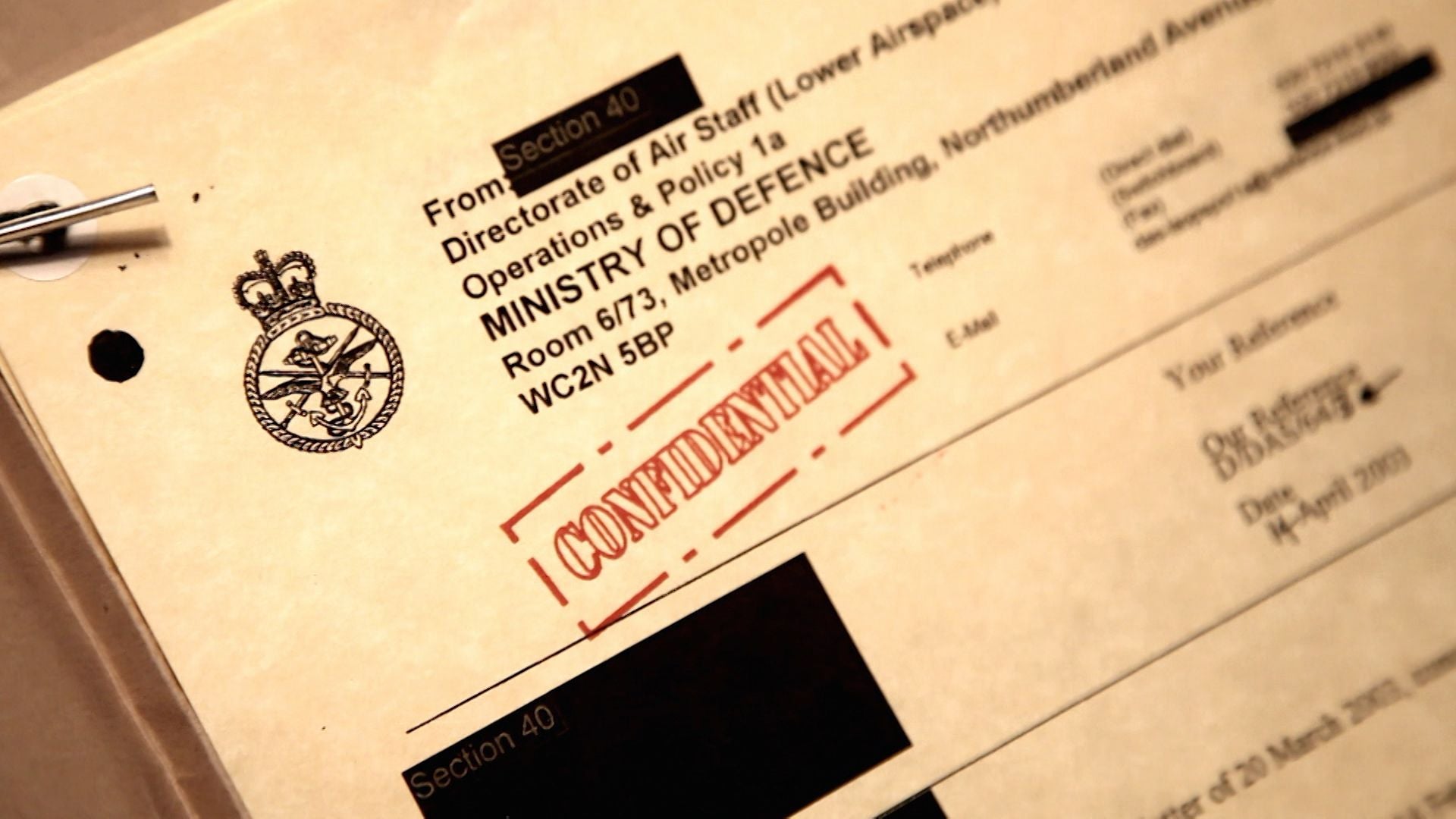
“Then we go back to the Stephen Hawking quote, where he said that if we did meet extraterrestrials, it would be like the European explorers coming to America. And that didn’t turn out too well for the Native Americans.”
Philip Mantle is another of the UK’s leading UFO investigators. The former director of investigations at the British UFO Research Association and UK representative at the UFO Interactive Network, he presents Alien Autopsy: The Search for Answers, which goes out on Blaze on Thursday.
In the documentary, Mantle travels to New Mexico to complete his lifelong investigation into the greatest UFO paranormal mystery of them all – the 1947 crash in Roswell and the subsequent highly controversial “alien autopsy” film.
Mantle, who runs the felicitously named Flying Disk Press and has written several books on UFOs, is beamed in from Pontefract, Yorkshire for our interview. Like Pope, he believes that we would be swiftly dispatched by an alien invasion force. “I saw on the news last week that our own UK military defence is said to be wanting.
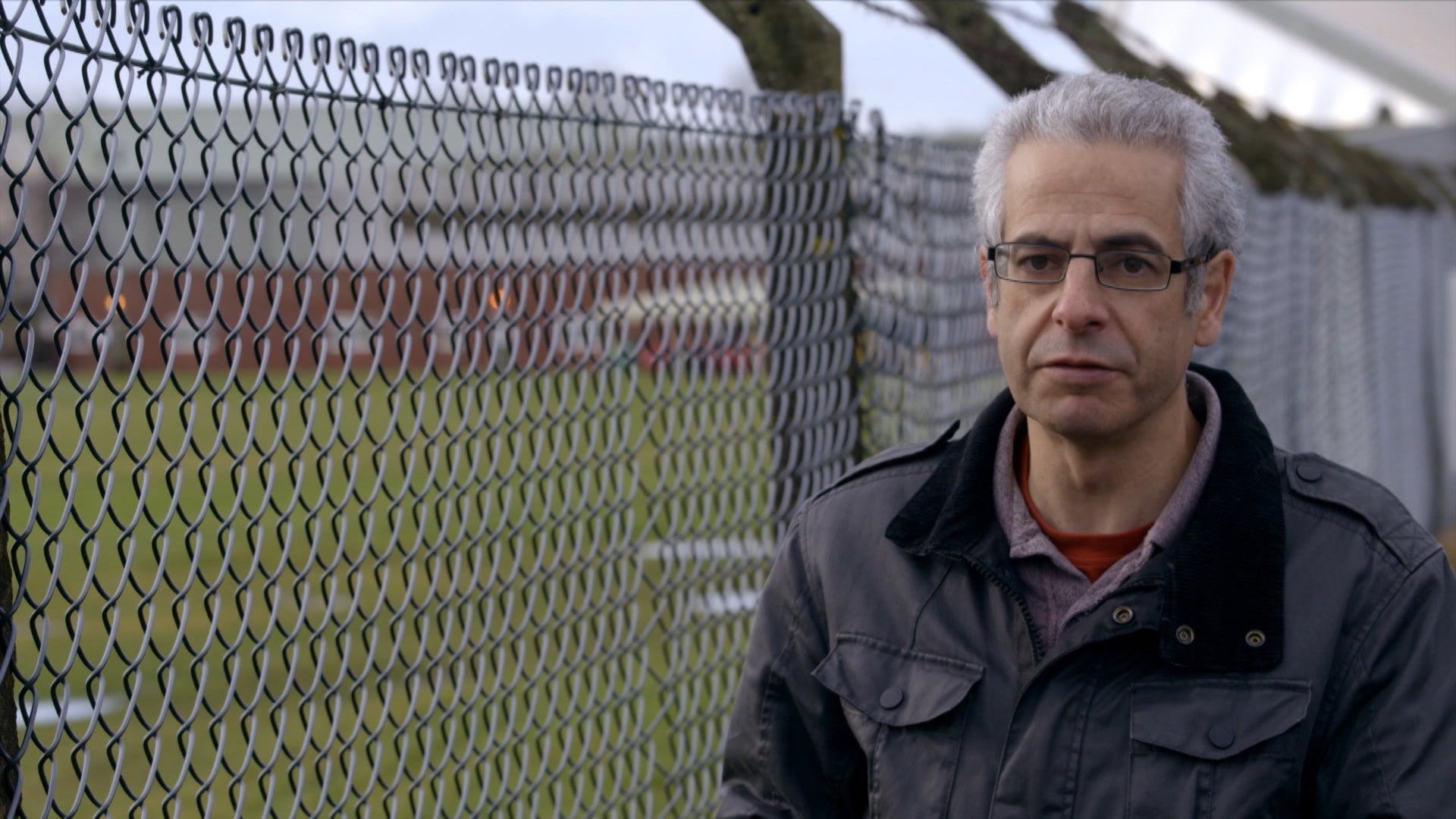
“In a conventional conflict with whatever adversaries around the globe, we would probably lose because our tanks and armoured vehicles are not up to scratch. So if you were confronted by an advanced civilization with advanced weaponry, I think the best thing to do would be to wave the white flag. If our tanks can’t face some of the tinpot dictators we’ve got around the globe now, what chances have we got against very sophisticated aliens?”
On the other hand, Mantle carries on, “I’ve never really believed that aliens would travel all those light years just looking for a fight. I think what we should look for is not necessarily any weaponry, but threats of a bacterial nature. Those might do more damage. For example, when our own astronauts went to the moon, they were put in quarantine when they came back, in case they had brought back any bacteria.
“In the same way, when the settlers went across the American west, a lot of the indigenous population were wiped out by smallpox and so on. It wasn't the US cavalry that killed them off – it was the diseases that they brought with them. It was the same with the Conquistadores in South America. So I think we should be more worried about bacterial foes rather than any form of weaponry.”
If you were confronted by an advanced civilisation with advanced weaponry, I think the best thing to do would be to wave the white flag
But do the experts agree with the more than 25 per cent of people questioned for the survey who believe alien lifeforms exist? Pope is pretty convinced that there is such a thing as extraterrestrial intelligence. “In the observable universe, we know that there’s an inexorable drive towards complexity. So processes like random mutation and natural selection should mean that intelligence is a good survival strategy.
“To me, then, it makes sense that there will be not just life out there, but intelligent life. Everything that we find out about the universe seems to be suggesting more and more that we are not unique or special. We’ve gone from that Middle Ages, theological view that we’re at the centre of the universe to the more modern scientific view that we may be just a fairly ordinary small rocky planet orbiting a fairly ordinary star.”
Therefore, “I believe that by the standard Copernican principle of mediocrity, we will find that there is probably a lot of life out there – some more advanced than us, some less advanced.”
It is Mantle's opinion that while intelligent life is out there, we may not have the sophistication to pick up its signals. “The second most intelligent species here on Earth is the dolphin. It is largely accepted by scientists that dolphins have a rudimentary language of their own, and yet we can’t understand a word of it. We can make them jump up and catch a fish. But we can’t converse with them – ‘Hello, Flipper, how are you feeling today?’
“So perhaps we’re the intergalactic dolphins. If there is somebody out there trying to contact us, they’re so far advanced that not only could we not understand it, but also we would not recognise it in the first instance.”

Mantle goes on to give an example. “I published a book last year called Hyper-civilizations by a Romanian doctor called Dan Farcas. His thesis is that yes, we are being visited by beings from another world, but they are not just a few thousand years in advance of us, but perhaps millions of years.
“If you took a flatscreen television and stuck it in an ants’ nest, the ants would know it was there, they would crawl all over it, the soldier ants might even attack it.”
However, “Never in a zillion years would they be able to understand what it is, what its function is and where it came from. So perhaps again, we are the intergalactic ants. Yes, there’s something there, but on the evolutionary scale, as a species we’re simply not able to understand it, nor even able to recognise it. If you think about the age and the size of the universe, that’s not so far-fetched.
If there is somebody out there trying to contact us, they’re so far advanced that not only could we not understand it, but also we would not recognise it
“The universe is far bigger than we ever expected. There are 2 trillion galaxies, and within those galaxies, gazillions of stars and planets, which, of course, increases the chance of life being elsewhere.”
The other striking finding in the survey is that 11 per cent of Britons think they have seen a UFO. “That's a lot of people,” stresses Mantle. “We are talking several million people just in the UK alone. And if you expand that to the rest of the world, it’s enormous.
“We never had a figure that we could put our finger on before. But it’s reassuring for those of us involved in this subject that there are millions of our fellow citizens who potentially believe that the UFO phenomenon is real.”
He adds: “I've always argued that at any social gathering in a restaurant or down the pub, wherever you bring the subject up, sooner or later somebody will say, ‘Well, yeah, I know a bit about that.’ And it’s often the most unlikely person who pipes up!”
Pope is also intrigued by this particular finding in the poll. “It never fails to surprise me that people underestimate the numbers who’ve seen something themselves. When I was doing this job for the government, we only received a few hundred reports each year. So where are the missing sightings?
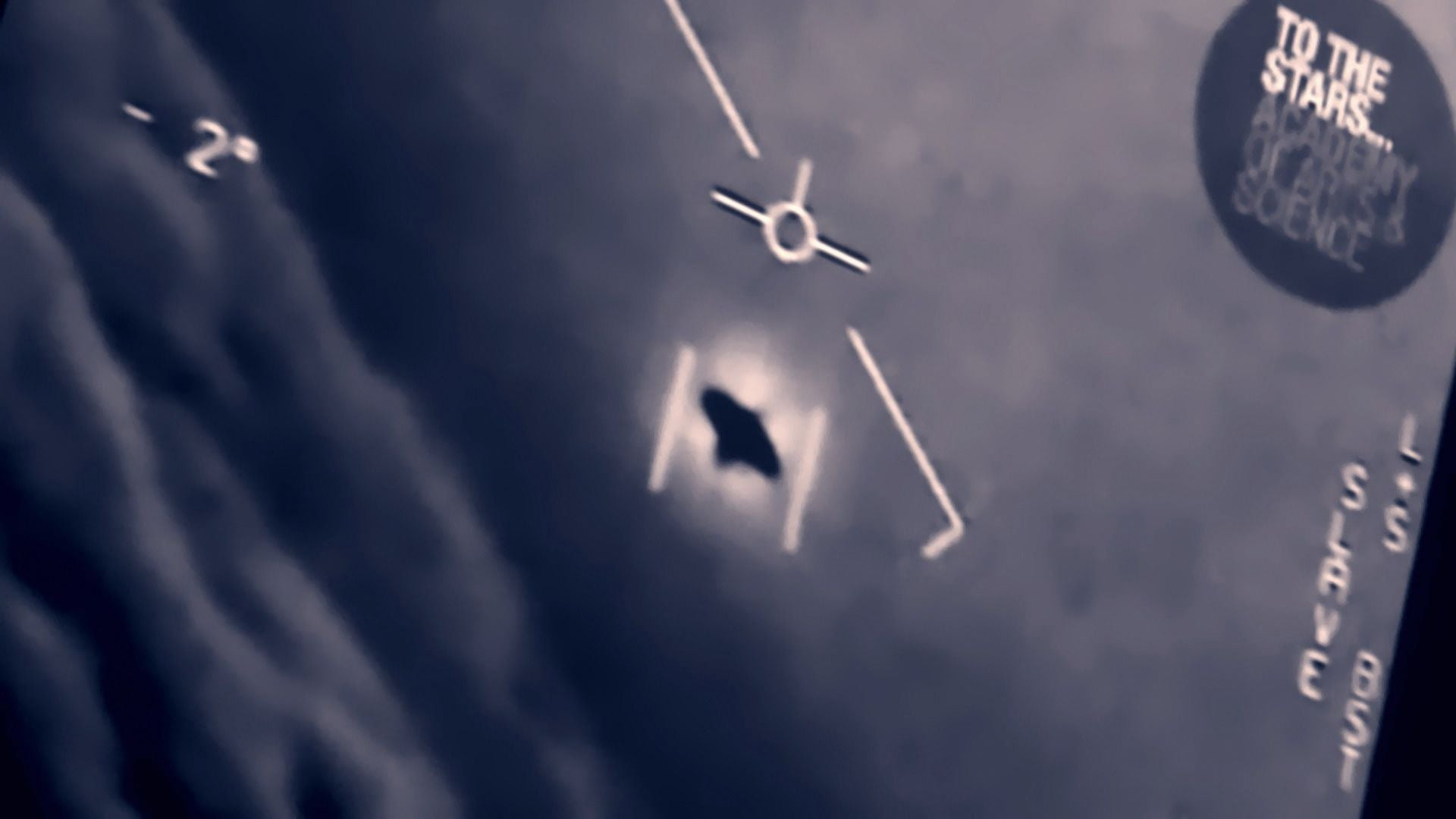
“I think the answer is that there is still a fear of being disbelieved and ridiculed. That’s why people have chronically under-reported all this. So the survey gives us a tantalising glimpse into the true extent of this phenomenon, which I think is staggering.”
In addition, “People consistently underestimate the extent of a wider societal belief in this. There is this perception that this is some tiny little niche belief, that it’s still fringe, slightly conspiracy-theory territory. And yet, Blaze’s survey suggests that it’s much more deeply embedded in people’s culture and belief than we had previously realised.”
This is linked to another topical phenomenon: the widespread distrust of government. According to Pope, “This is inextricably tied with the belief that government knows more about this than it's letting on. Opinion polls show that all governments, not just in the UK, have mishandled the pandemic.
“If there's a lack of trust that governments would be able to handle a pandemic, I can understand that people wouldn't trust them with an extraterrestrial visitation, let alone an alien invasion!”
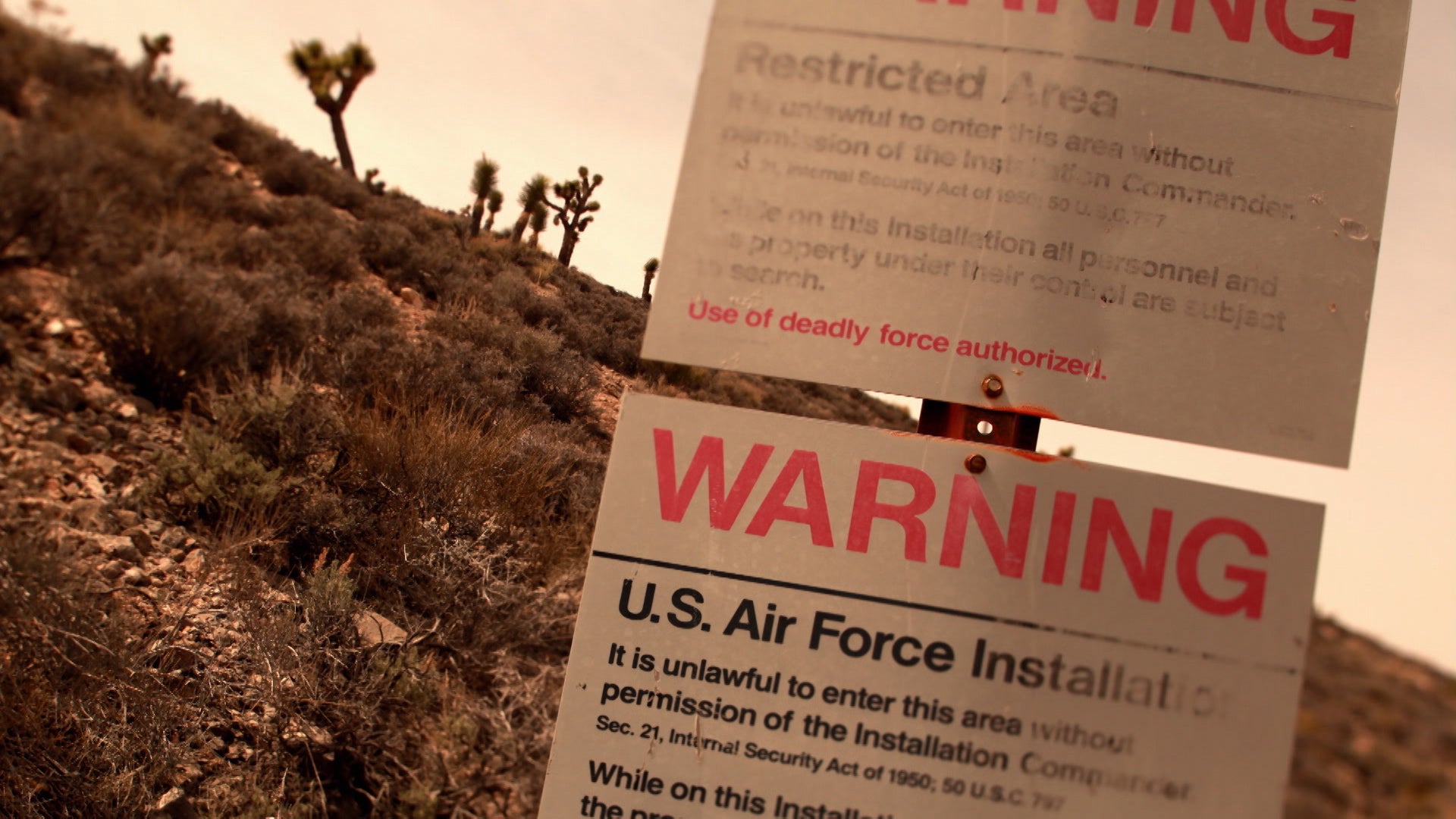
Mantle claims that one clear night in 1980 he saw a gigantic UFO – “A huge spinning wheel of lights hanging in the sky, almost like the London Eye” – on Calton Moor in Yorkshire. So what would he say to UFO sceptics? “I would say, ‘I agree with you.’
“I’m fairly sceptical myself. But what I will say to you is that, if you just keep an open mind, I think we can prove that the UFO phenomenon exists. Even the Ministry of Defence would admit that there are things reported and they don’t know what they are.”
Pope says: “In The X-Files, Mulder had a poster on his wall, saying, ‘I want to believe’. I can certainly empathise with that. My goodness, the world would be far more fascinating if we were visited by extraterrestrials. So I’d love it to be true.”
Lying at the heart of all this discussion, of course, is our enduring fascination with all things extraterrestrial. Pope considers what we find so compelling about the concept of alien life. “My goodness, of all the big philosophical questions we can ask, the idea of whether or not we’re alone in the universe is one of the biggest.
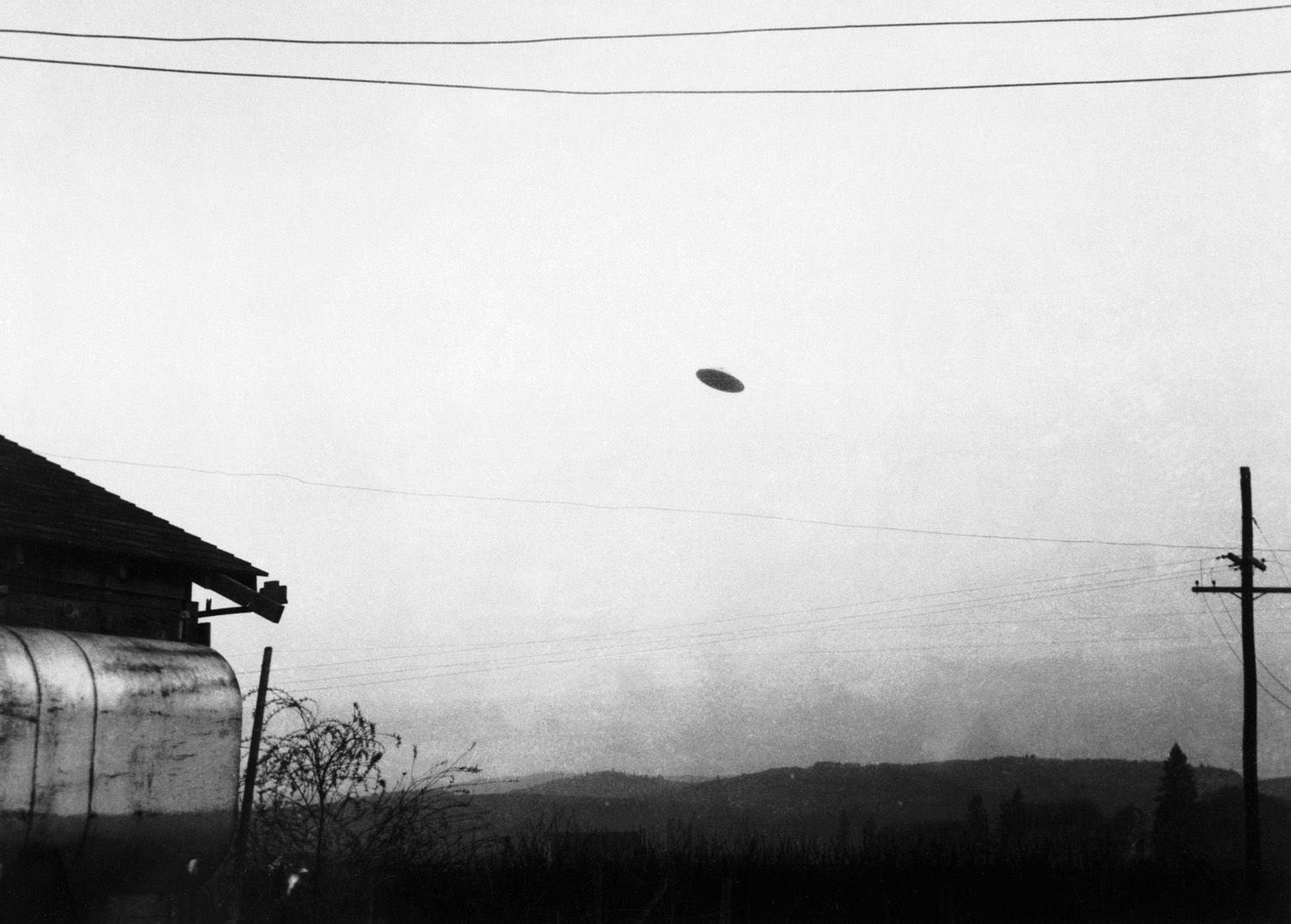
“But of all those big questions, it’s maybe the easiest to answer. It’s probably easier to answer than, ‘What, if anything, happens to consciousness after death?’ That’s almost literally unknowable. But with something like UFOs, because we now know, for example, that the US military have these videos and presumably have much more data on them than they’ve made public, suddenly the problem becomes intriguingly solvable.”
Mantle, who three years ago took early retirement from his job at a bank – “Please do not swear at me!” – echoes these sentiments. “That curiosity just seems to be in us. We always want to know what’s around the next corner. What’s over the next hill? What’s over that ocean? What’s on that planet? It's probably the most romantic idea we can have. Since humans have been able to think, we’ve looked at the heavens in awe and wonder and thought, ‘Is it only us?’
“Our knowledge of the universe has grown and grown and grown. The visible universe is 48 billion light years across, but the entire universe is infinite. That’s a very, very difficult thing to actually get your head around. Statistically, theoretically, life will exist elsewhere in the universe. There’s no doubt about it. So we know more about the universe now, but in reality we haven’t scratched the surface.”
I also hope viewers come away from it realising that there is something to this phenomenon – and they should go away and make up their own minds about what that is
What do the experts hope that audiences will take away from “UFO Week”, then? “I hope they see that anybody can get involved in this subject,” Mantle replies. “I was expected to follow in my dad’s footsteps and go down the mines. I have no academic training, nothing. I’ve got a City and Guilds in something or other – I can’t remember quite what! I’m self-taught in everything I’ve done. But this subject has taken me around the world. I’ve visited some extraordinary places and met some fascinating people. Some people don’t have an escape route like I did. I feel very fortunate for that.
“I also hope viewers come away from it realising that there is something to this phenomenon – and they should go away and make up their own minds about what that is. It’s not a silly-season subject. It’s not hogwash. We have this marvellous tool now called the internet. You can get a lot of nonsense from it, but there are a lot of gems there as well. It's just a question of sorting the wheat from the chaff.”
For his part, Pope is hopeful that the subject will strike an especially resonant chord during lockdown. “This year, we’ve been so isolated from each other, and that has caused us, ironically, to look outwards a little bit more and to wonder what might be out there. In an infinite universe, the point is that anything and everything is possible: immortal thinking machines, monsters that would make even the most terrifying sci-fi nightmare seem tame, or creatures so advanced and benevolent that they would be indistinguishable from gods.
Read More:
“This year of all years has caused us to think about that more. I’m sure people will be watching all these shows during ‘UFO Week’ and asking themselves those questions. After all, there is no bigger question. And there could be no more impactful discovery in the history of human scientific advance than finding out that we’re not alone.”
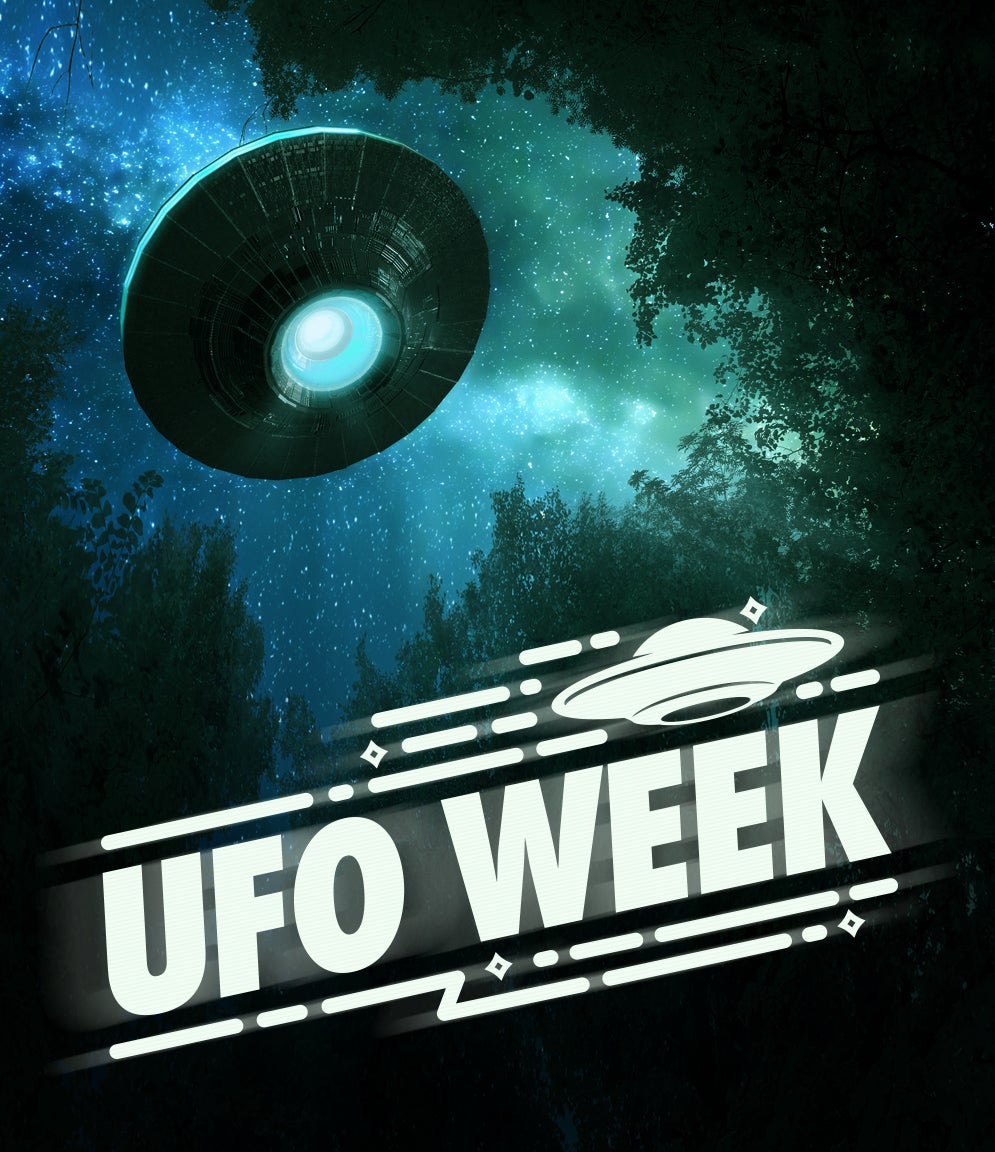
There is one more benefit to the study of extraterrestrial activity during lockdown: escapism. It is simply a splendid area to lose yourself in. “Even if you are ultra-sceptical, it is still a fascinating subject,” Mantle argues. “There is something in it for everybody.
“At the back end of last year, I co-wrote a book called Introducing UFOs, A Young Person’s Guide. It is aimed at a secondary-school audience. It tells them to think for themselves, but it does highlight that if you want to get involved in a subject like this, the opportunities are there. And who knows where they may take you…”
To infinity and beyond, perhaps.
All programmes from ‘UFO Week’ will be available at https://watch.blaze.tv/replay/
UFO programmes continue with ‘UFO Thursdays’ each week on Blaze
Join our commenting forum
Join thought-provoking conversations, follow other Independent readers and see their replies
Comments